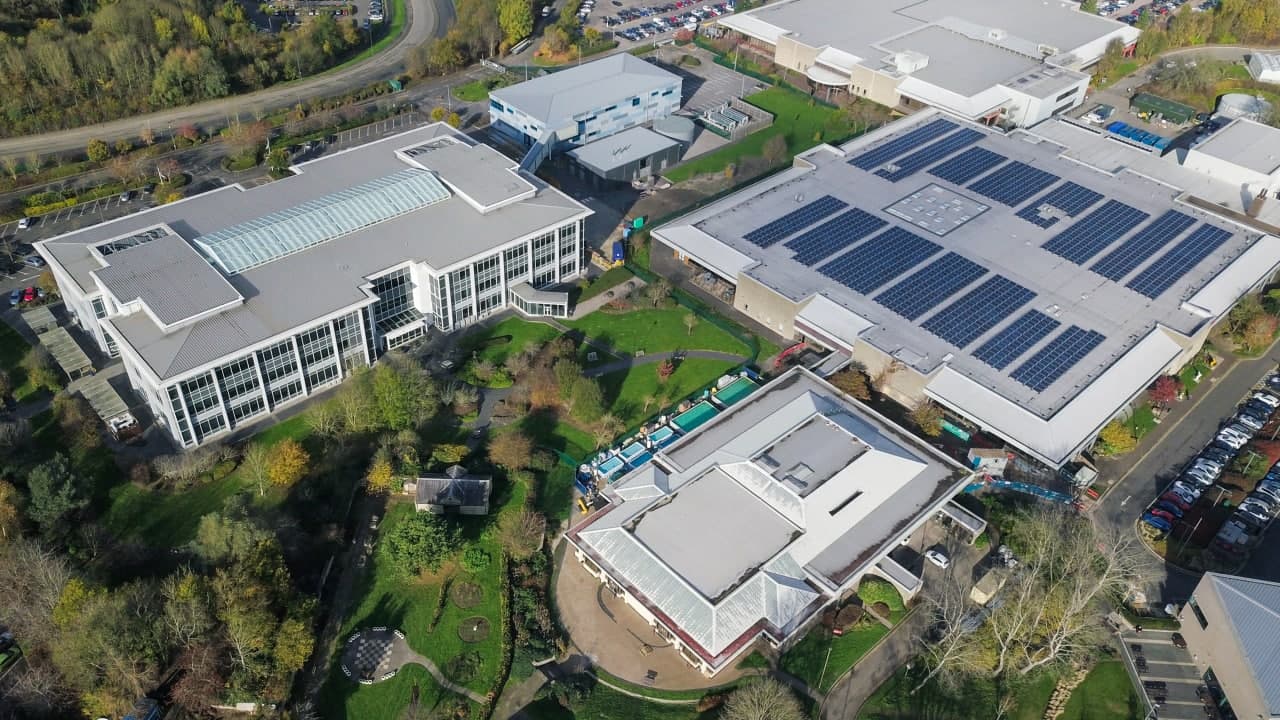Course Description
The growth and development of cities in the 21st Century presents significant challenges, including sustainable development, the planning and design of urban space and social wellbeing. With thousands of smart-city initiatives around the world, smart urbanism is now one of the dominant models of urban development. Projects for smart cities involve the regeneration of existing urban areas as well as the creation of large new settlements and have a major positive impact on the many environmental, social and economic systems that underpin the planet. Meanwhile, and with a strong overlap with smart city initiatives, cities around the world are reacting to broader environmental challenges, such as climate change through measures aimed at developing sustainable solutions. The global scale of such challenges has been recognized within the Sustainable Development Goals (SDG’s) under the heading of ‘Sustainable Cities and Communities’. Here, the promotion of safe, inclusive and sustainable cities is outlined as a central pillar of creating a sustainable urban future. Smart-city initiatives have a multi-dimensional nature. As projects that are aimed at improving urban spaces, they are deeply connected to issues of urbanization and urban planning. Moreover, projects for smart cities involve the production of a number of technologies such as wireless sensor networks designed to produce data on how the city operates, and innovative efficient or low-waste electrical grids. Therefore, because of their focus on technological innovation, the development of smart cities goes beyond the science of the city and is also the product of studies in computer science and engineering. Finally, once implemented, smart interventions take place not upon a blank canvas, but rather within complex ecological and social systems whose dynamics must be taken into account, in order to avoid environmental degradation and biodiversity loss.
Particularly in terms of sustainability, the multi-dimensional nature of smart-city initiatives can be understood only through an interdisciplinary approach. This new MSc in Smart and Sustainable Cities approaches the study of smart and sustainable urbanism by drawing from the research-based expertise of leading scholars from Trinity’s Energy, Environment and Emerging Technologies Institute (E3). The programme, which is the first dedicated programme of its kind, will provide students with an in-depth understanding of smart and sustainable cities, using (a) the tools of urban geography and planning to examine the spatial formation of smart cities; (b) methods in engineering and computer science to analyze the functions and applications of smart technologies, and (c) insights from ecology to explore the environmental impact of both ‘smart-city projects’ and wider transformations of contemporary cities. The programme is thus of interest to a wide range of students from different backgrounds. Career options after graduation include working in urban planning and in the private sector engaged in smart city initiatives.
For international students
Admission to the course is competitive. Applicants will be expected to have an Honours Bachelor degree at 2.1 or above in a social science or science-based course such as Engineering, Sociology, Computer Science, Economics, Geography or cognate fields.
In case of heavy competition for places or concerns regarding a applicant’s suitability, applicants may be interviewed or asked to submit a written sample for assessment. Nonstandard applicants may be considered by the Dean of Graduate Studies in exceptional circumstanced based on workplace experience or other criteria relevant under the Recognition of Prior Learning policy.
English Language Requirements:
IELTS: Grade 6.5 overall
TOEFL: 88 internet-based, 570 paper-based, 230 computer-based
University of Cambridge: Proficiency Certificate, Grade C or better (CEFR Level C1 or C2), Advanced Certificate, Grade C or better (CEFR Level C1 or C2)
Pearson Test of English (Academic) - PTE Academic: a minimum score of 63 to be eligible (with no section score below 59)
1 Year - Full time
![Fee]()
Fee
€23,100.00 (US$ 24,756) per yearAccommodation (Cork Street) - 297 Per Week
![Start Date]()
Start Date
![Address]()
Address
Trinity College Dublin, the University of Dublin, College Green, Dublin 2, Dublin 2, Dublin, D02 PN40, Leinster, Republic of Ireland

Description
Requierments
Study options






 Stay in touch with us
Stay in touch with us







